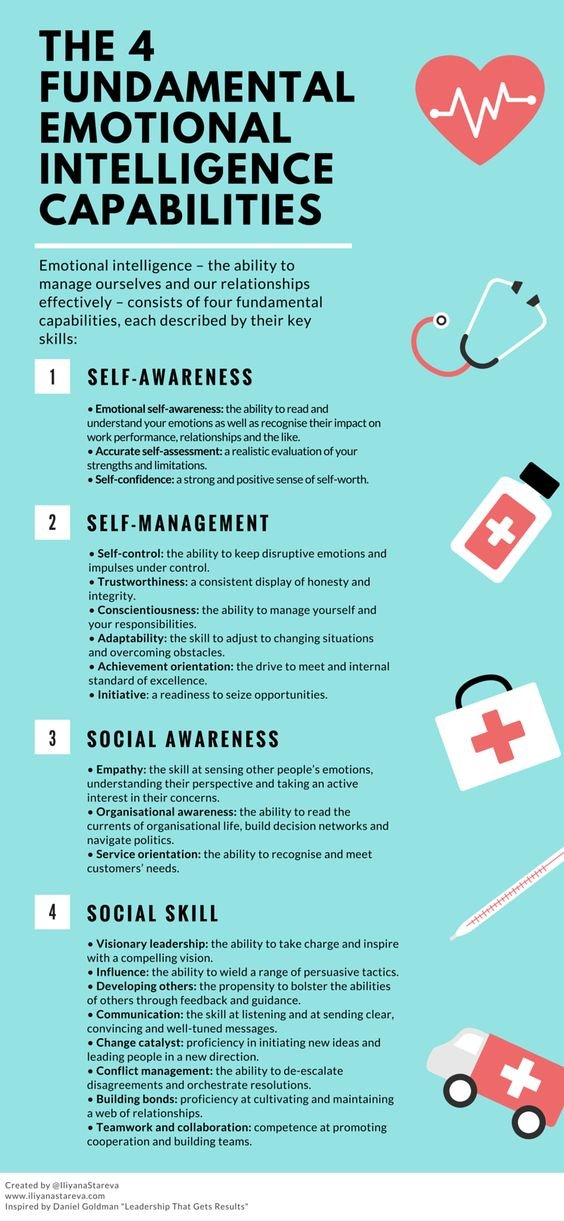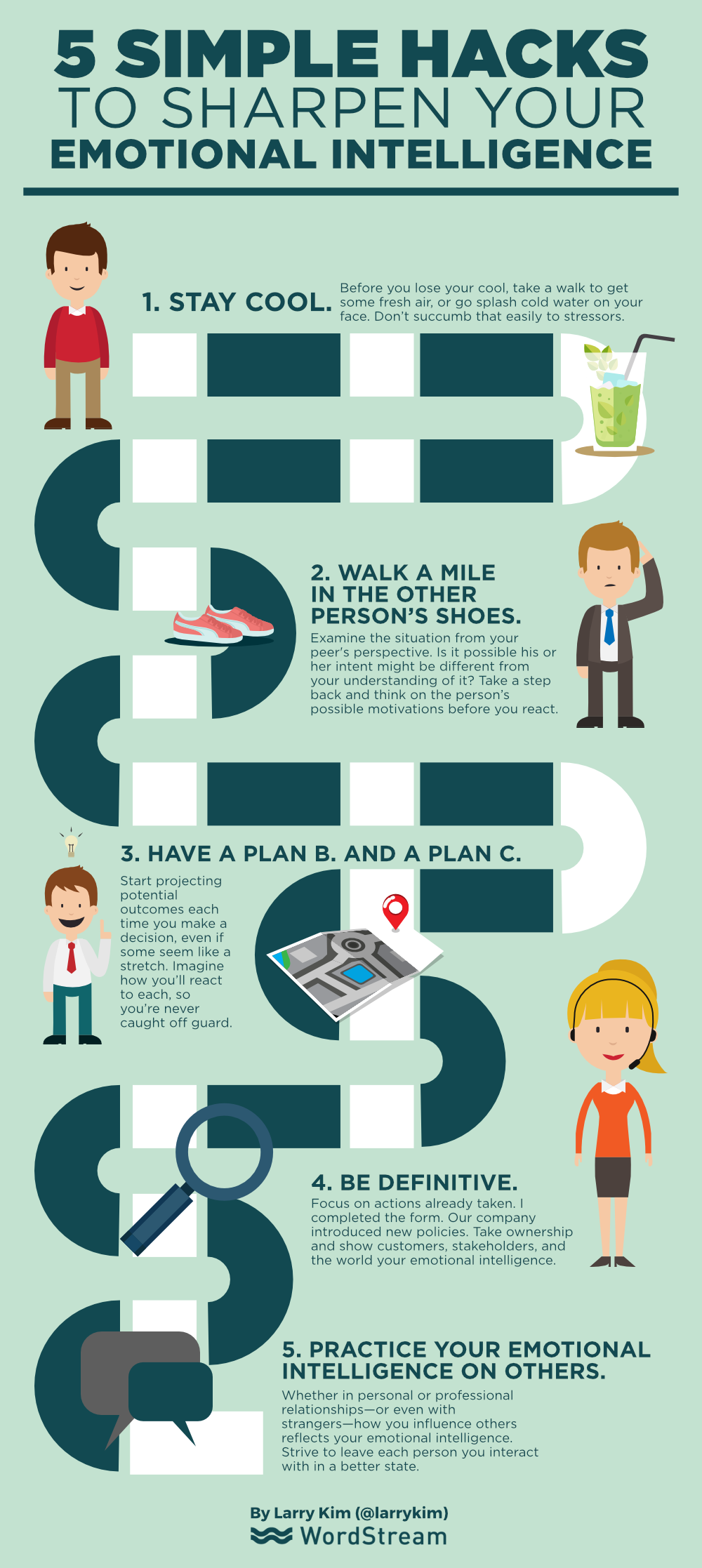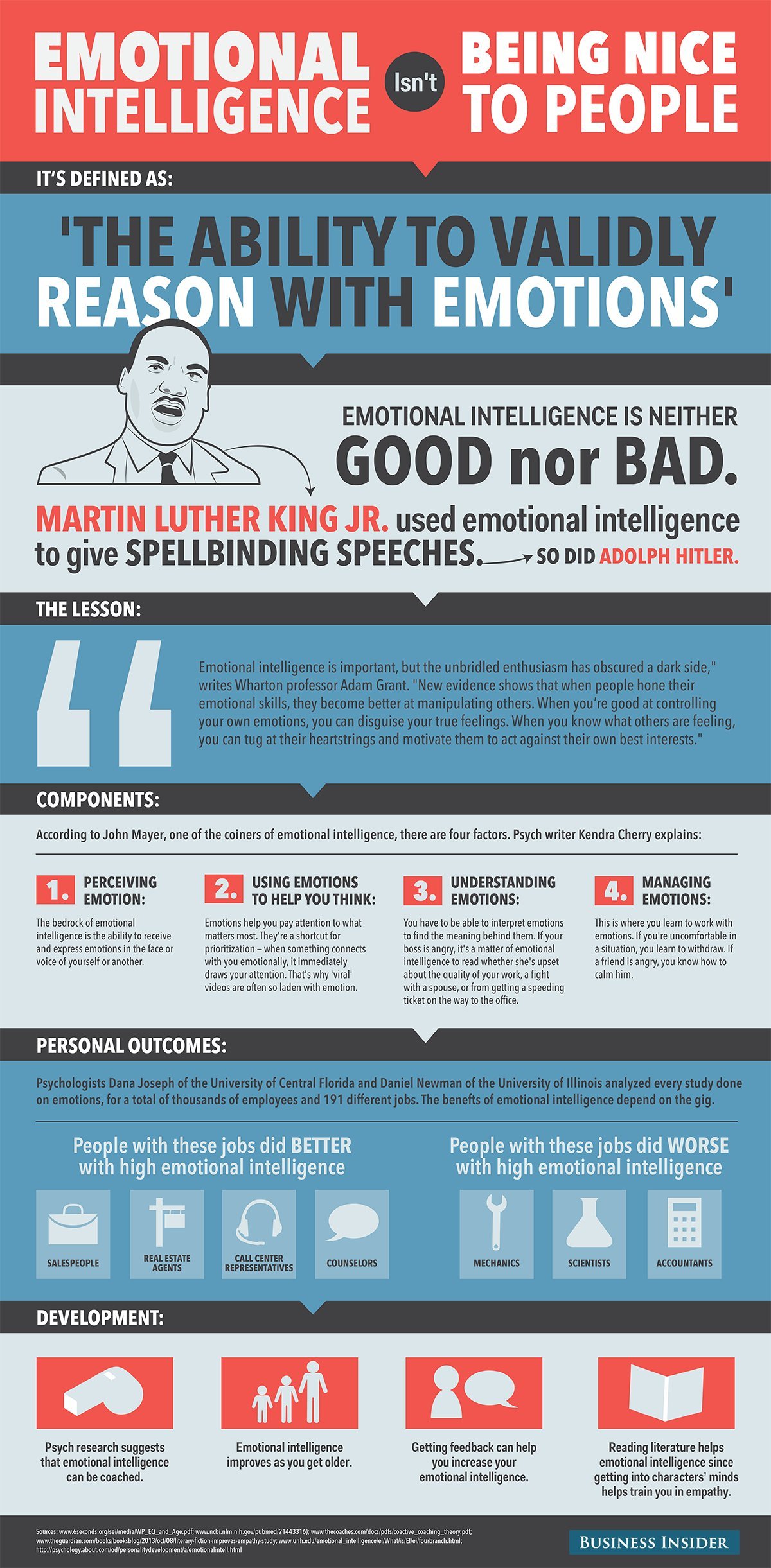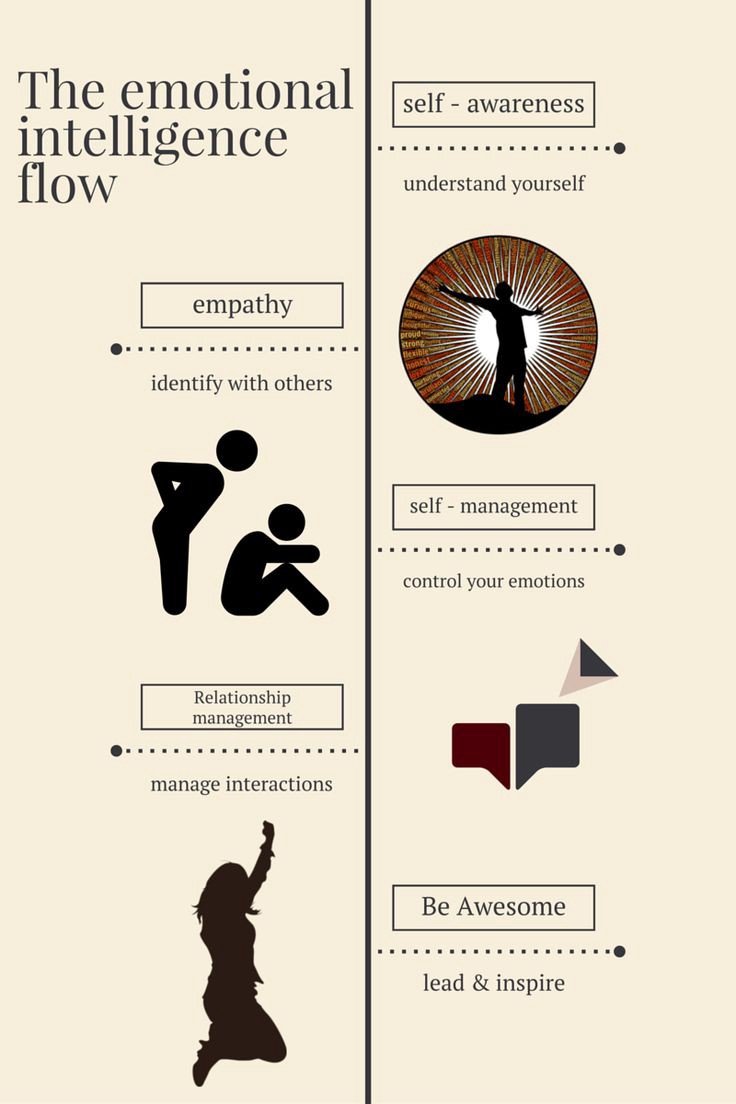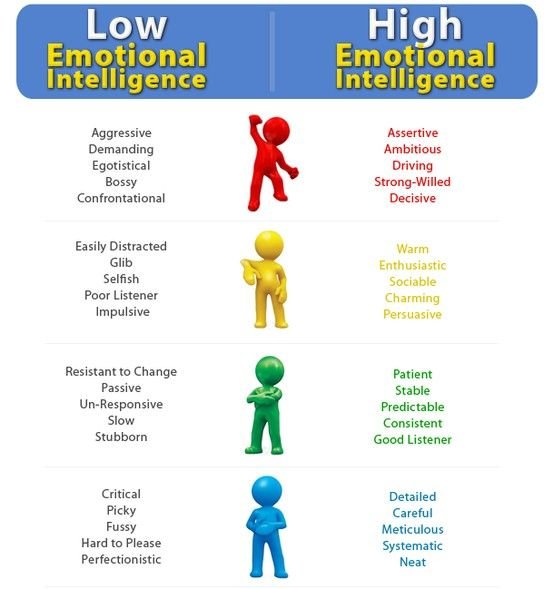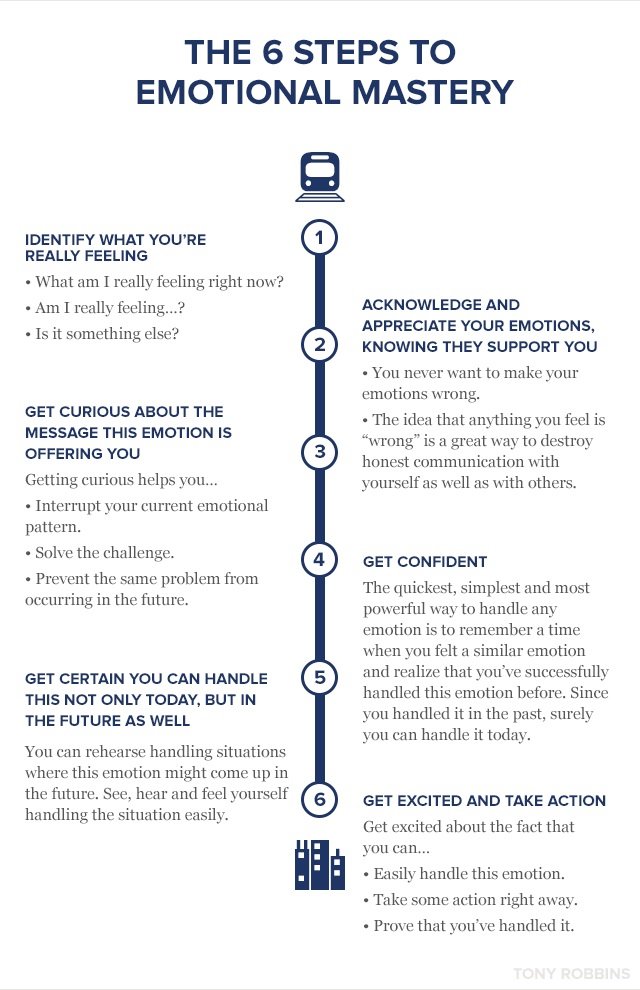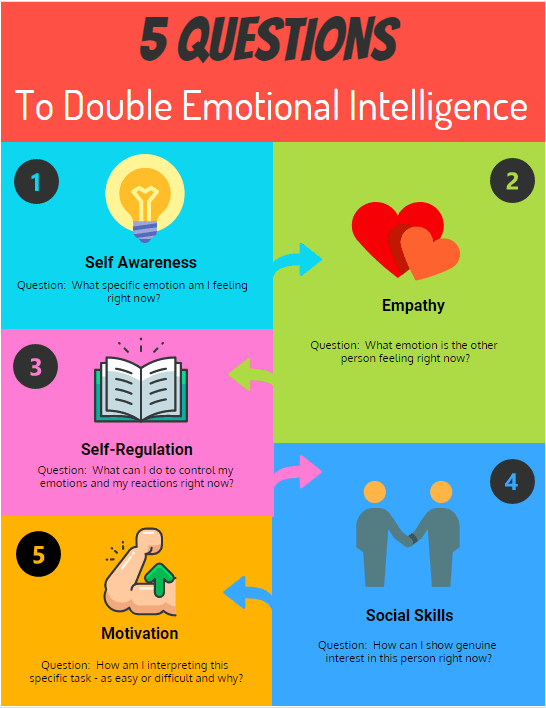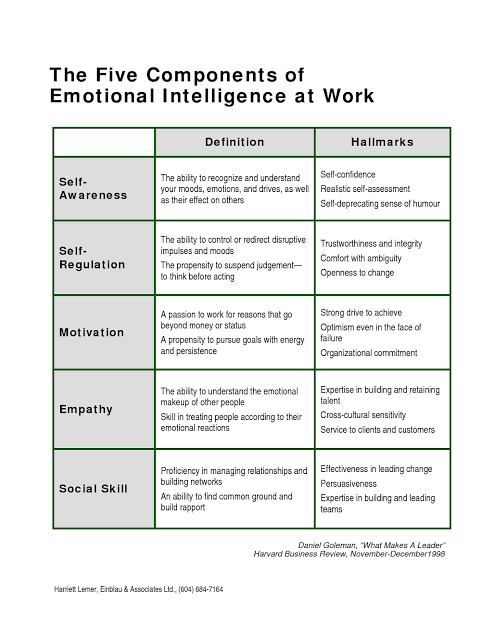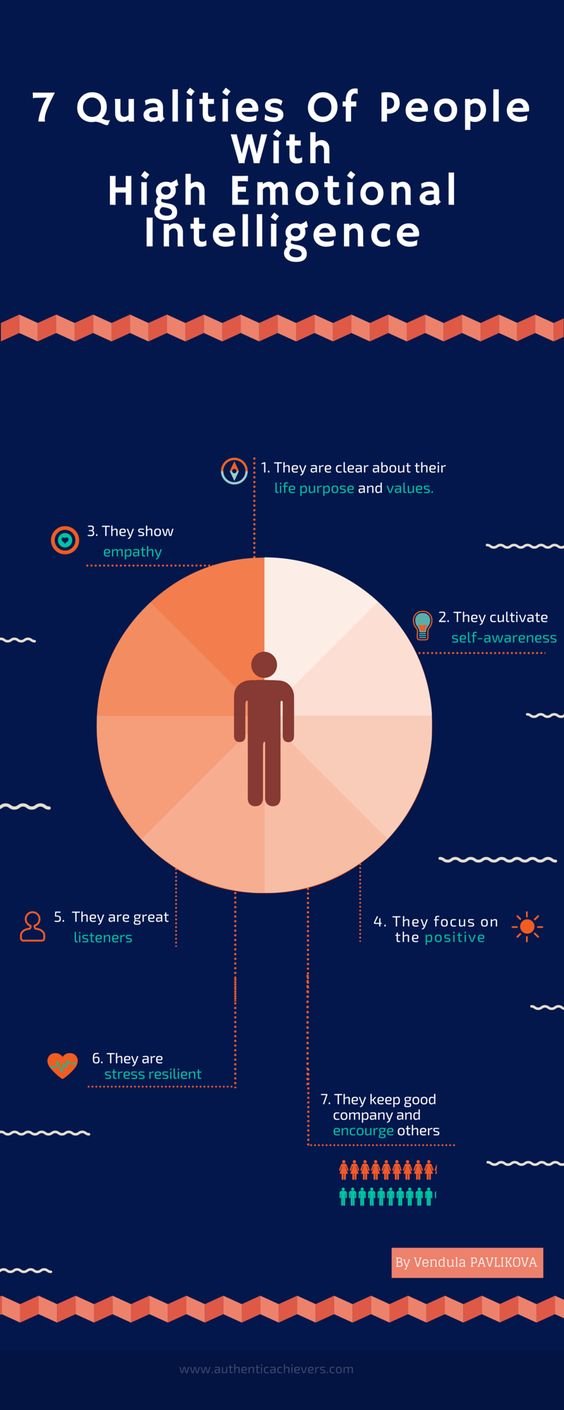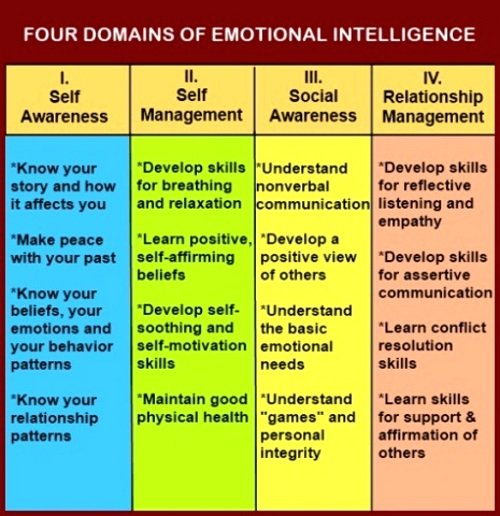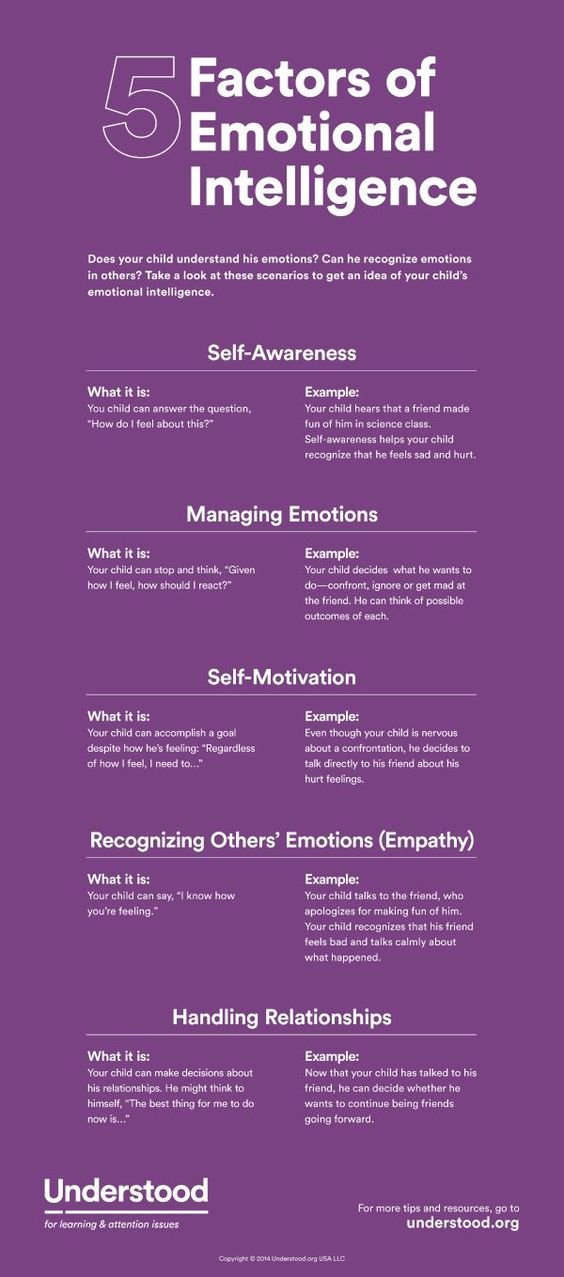Emotional Intelligence: Why Is It So Pivotal To Your Success? EQ is usually considered less important in the workplace than IQ. But recent years have brought more need for empathetic people who are self-aware and in control of their emotions.
Here is a simple guide to increasing your EQ and why it’s good in life and in work.
What is Emotional Intelligence?
Emotional intelligence is the capacity to be aware of, understand and control emotions both our own and those of other people as well as handling relationships empathetically and wisely. It’s a huge topic nowadays because business is largely personal, no matter how much we try to make it cold and all about good decisions.
Relationships are a big part of our personal and professional lives – that’s why handling them properly is so important.
Yet, no one is exactly looking at EQ when hiring new people. What matters are skills and IQ. However, this should change. Some companies are already taking the first steps towards having a more empathetic and emotionally aware environment in their office by testing the EQ of their new employees.
Here is what makes up emotional intelligence:
- Self awareness – How in tune you are with your own emotions
- Self management – How good you are at managing your own emotions
- Social awareness – How in tune you are with other people’s emotions
- Relationship management – How good you are at managing their emotions in interactions.
Historically, high EQ has been known to decrease employee turnover, enhance profitability, increase wages and employee advancement. All of these benefits in the workplace pair up well with the overall benefits people can have in their personal lives like better familial and romantic relationships, self-awareness, increased productivity and so on.
Still, while IQ has been continuously increasing, EQ has been decreasing over the recent years.
How To Improve Your Emotional Intelligence?
Fortunately, EQ is something you can work on and improve over time. Here is how:
- Build a positive attitude
Positive attitude is a crucial element of emotional intelligence. However, it can also be your downfall if you don’t do it properly. Bad positive attitude is when you are so blinded by your positivity that you think that everything will be easy and you end up failing or doing nothing. It’s daydreaming and believing that just wishing it hard enough will make it happen.Good positive attitude is when you are aware that you can fail and that it will be hard but you are willing to learn, grow and work hard in order to achieve those goals, despite the obstacles.
- Learn to manage stress
Stress management is another very important skill to acquire. We often get stressed by our daily lives – work, family, problems and so on. It happens to everyone. However, how you handle it is what sets you apart from others.Instead of just overthinking and being anxious about it, you should focus on managing your feelings. Calm down, for one. Take a breather and rethink the thing you are stressed about. Is it that scary? Probably not. Then, come up with a good solution or decide not to worry about it if there is nothing that you can do about it.
Meditation, yoga, healthy lifestyle and many other things can help you deal with stressful situations much better.
- Peacefully end all conflict
Conflict in life and work is quite normal. People disagree and fight for all kinds of reasons. However, you should strive to end all conflict in a peaceful manner – forgive and forget, let go of your anger.Find a good solution or a balance between different opinions.
- Pay attention to facial expressions and body language
Body language can often tell you more about someone than their words ever could. Pay close attention to how someone is behaving and their facial expressions. This will enable you to spot problems and upcoming conflict before it happens. It can also be good for noticing when someone is sad or having some personal troubles.Practice in your free time and see where it gets you.
- Think before you speak
Measure your words carefully. To you, they can be just words, but to someone else it can be much more. Always take a breather before you speak. Say it to yourself – internally, of course – and hear how it sounds.This will prevent so many mishaps and strange situations. You can also prevent and handle conflict better this way.
- Resolve problems in a constructive way
When a problem arises – and it will – you should strive to resolve it in a positive way. Find a solution that will make everyone happy. Learn from your conflicts – how to avoid them in the future, how people perceive things differently and so on. - Always think of the other side
When having an argument, or when angry with someone, practice the good skill of empathy by putting yourself in their shoes. Think about it – what was in their mind when you were arguing, what was their motive to do something. Most people aren’t out to get you, they are just misunderstood.
How Can Emotional Intelligence Make You More Successful?
Here are some ways higher EQ can change your life:
- Better understanding of emotional triggers
If you have good self and social awareness, you will have a lot less problems understanding your own and others emotional triggers. These are very important as they often ignite the kind of behaviour best avoided. - Better team alignment
If everyone has high EQ, the team will work much better together. Everyone’s values will be aligned. If everyone pays attention to everyone’s cues – nonverbal, emotional and verbal – success of the company is much closer and achievable. - Less conflict in workplace
Workplace is the common place for conflict. But, with higher EQ comes less arguing and more listening to each other, constructive resolutions and empathy. - Less stress and anxiety
As mentioned – and as we all know too well – life is stressful. However, if you learn to increase your EQ, you have the necessary tools to deal with stress and control your emotions. - Reducing negativity
Positive attitude is the key to success. High EQ comes with that realistic positivity that can increase your odds at being successful and happy in both your personal and professional life. - Proactivity rather than reactivity
High EQ causes you to be more reactive than proactive. Your awareness of your own emotions results in you being proactive – for instance, you understand your triggers, so you are able to either avoid them or prepare yourself before anything happens – rather than reactive which would be simply letting your triggers control you.
EQ is a very important factor in your success and it’s a good thing that you can improve it simply by practicing and learning more about yourself. Hopefully, this guide will help you with that.
Author:
Nora Mork is a psychology paper writer at UK Writings essay writing service.
Related Videos about Emotional Intelligence :
What is Emotional Intelligence?
6 Steps to Improve Your Emotional Intelligence | Ramona Hacker | TEDxTUM
17 Signs You Have Low Emotional Intelligence
Emotional Intelligence: From Theory to Everyday Practice
how to master your emotions | emotional intelligence
11 Signs You Have High Emotional Intelligence
7 Signs of Emotional Intelligence: Which of these do you possess?
Related Infographics about Emotional Intelligence :
